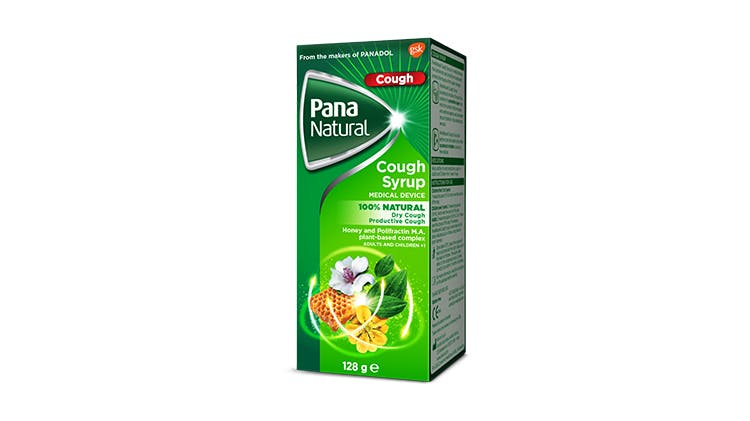Cough: Management

Managing cough
Here we discuss the appropriate treatments for wet versus dry coughs.
Steps for managing coughs
IDENTIFY
- Ensure the cause of the cough is not one that requires referral to a physician
- Identify whether the patient’s cough is productive (wet) or non-productive (dry)
EDUCATE
- Increase patient awareness of how to minimise transmission of cold and flu viruses to other people
- Educate them on ways to alleviate their cold and flu symptoms
RECOMMEND
- Along with appropriate advice, recommend or provide treatments to suit the individual needs of your patient

Educating your patients
As the influenza virus causes significant illness and even morbidity every year,1 patients should be educated on reducing their risk of becoming infected and how to help stop the spread of the virus. This includes:2
- Using a tissue to cover coughs and sneezes. Single use tissue to be disposed immediately. If no tissue available. It is recommended to sneeze into the elbow.
- Regularly and thoroughly washing hands
- Avoiding touching the face
- Keeping up to date with yearly vaccinations
Patients should also be educated that although there is no cure for the flu, symptoms such as coughing can be managed with techniques including:3
- Appropriate cough medication
- Taking honey
- Humidifying the air
- Drinking fluids
- Avoiding cigarette smoke
Wet and dry coughs are treated by different active ingredients

Coughs are not sufficiently relieved with over-the-counter cough medication
Upper respiratory tract infection is not the only cause of coughs. Other conditions, including pneumonia, lung cancer, and tuberculosis can also present with a cough, and should be referred to a doctor if suspected.4
Cough management: in summary
After appropriate diagnosis of cold or flu as the underlying cause of your patient’s cough, they may be recommended an expectorant or antitussive depending on whether their cough is predominantly productive or non-productive.
Pana Natural range – Trusted Formulations for Relief from Cough and Sore throat.6
